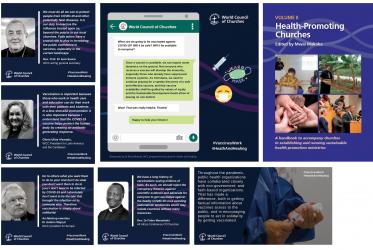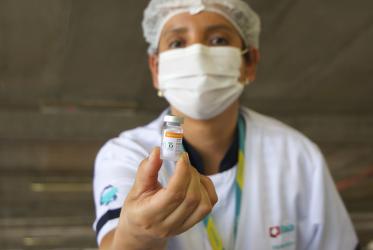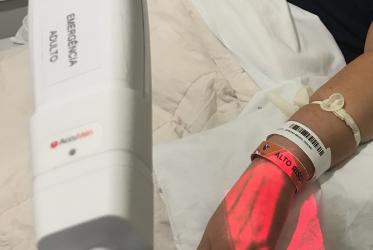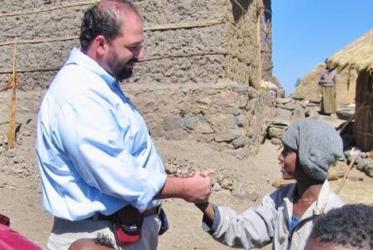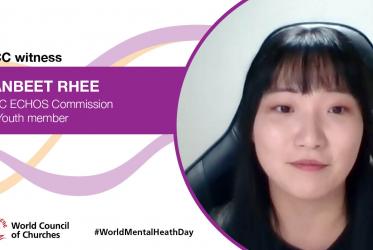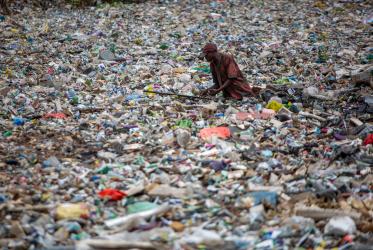Displaying 161 - 180 of 181
WCC answers your questions about vaccines
26 April 2021
Defending the ‘blue soul of life’
08 April 2021
Vaccination hesitance poses yet another challenge
18 March 2021
No room at the inn
26 December 2020
On World Mental Health Day, “expect your colorful life”
12 October 2020


